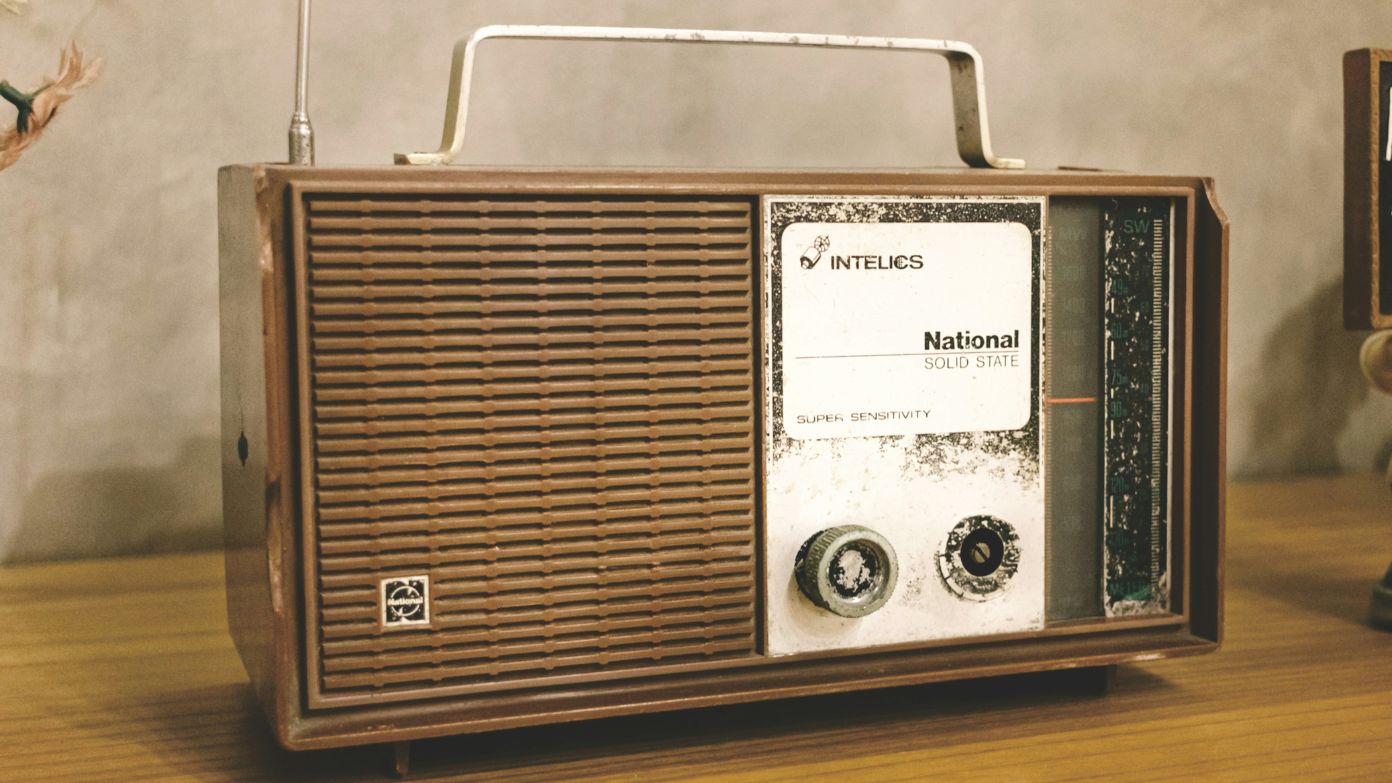If you have ever relied on NPR for in-depth news, thoughtful storytelling, or your favorite local station, you might be shocked to learn that the future of public radio in America is under threat. On May 1, former President Donald Trump signed an executive order that cuts all federal funding to National Public Radio — a move that immediately sparked backlash and a major legal battle.
Trump’s executive order argues that “government funding of the news is not only outdated and unnecessary but corrosive to the appearance of journalistic independence.” In other words, he believes tax dollars should not be used to support news outlets — especially those that the administration sees as biased. But NPR strongly disagrees. And now, they are suing.
What is NPR’s lawsuit against Trump all about?
Filed in federal court in Washington, D.C., NPR’s lawsuit makes some serious claims. The organization, along with three member stations — Colorado Public Radio, Aspen Public Radio, and KSUT Public Radio — says Trump’s action violates the First Amendment and oversteps the authority of Congress.
According to the lawsuit, the executive order “expressly aims to punish and control Plaintiffs’ news coverage and other speech the Administration deems ‘biased.’” NPR is not just fighting for dollars — they are fighting for press freedom.
The suit also claims that the order threatens the very existence of public radio in the United States. “It cannot stand,” attorneys for NPR wrote. “The order not only tramples on core constitutional protections but also jeopardizes a public service millions of Americans depend on.”
How much federal funding does NPR receive?
Here is a question a lot of people are asking right now: Does NPR really rely that much on federal funding? The answer is: yes and no.
NPR itself gets very little direct federal funding. However, its network of over 1,000 local stations does depend heavily on government support — often channeled through the Corporation for Public Broadcasting (CPB). These funds help smaller, rural stations stay afloat and provide public access to news, educational programming, and cultural content.
By pulling the plug on all federal money, the executive order could wipe out the backbone of public radio in communities across the country — especially in places where there are few, if any, alternatives for local journalism.
Will NPR be forced to shut down?
While NPR itself is not going away tomorrow, the potential fallout is real. Many local stations could face layoffs, reduced programming, or even total shutdowns if federal support disappears.
This is why the lawsuit is not just about policy — it is about survival.
Without the public funding safety net, public radio could become a luxury only major markets can afford, leaving millions without access to independent, nonprofit news. For listeners in small towns or remote areas, that is a big loss.
What happens next in the legal fight?
Right now, NPR and the three stations are asking the court to permanently block Trump’s executive order and declare it unconstitutional. The case will likely move through the legal system over the coming months, and depending on how the courts rule, it could even make its way to the Supreme Court.
In the meantime, NPR and its stations are urging supporters to stay engaged and continue listening, donating, and speaking out.
Whether you listen on your morning drive or while cooking dinner, the future of NPR — and the principle of publicly funded, independent media — is very much in the balance.
Related article:
Who is Pete Hegseth, the war veteran and Fox News host whom Trump has named secretary of defense

